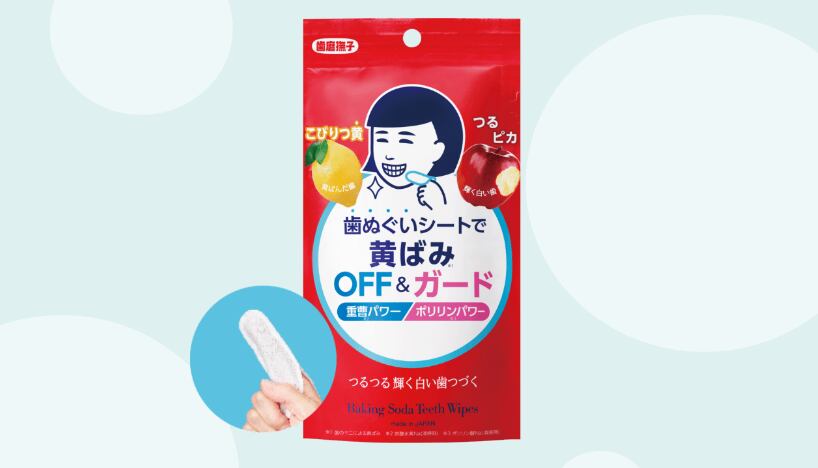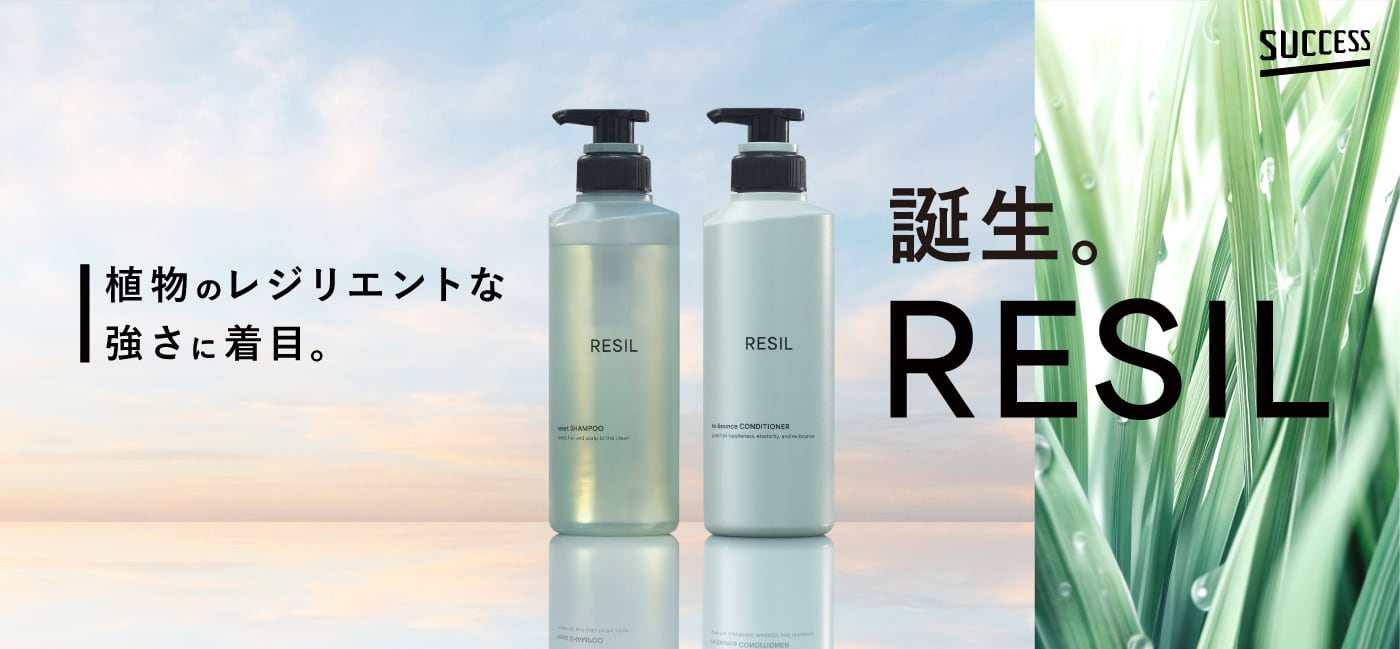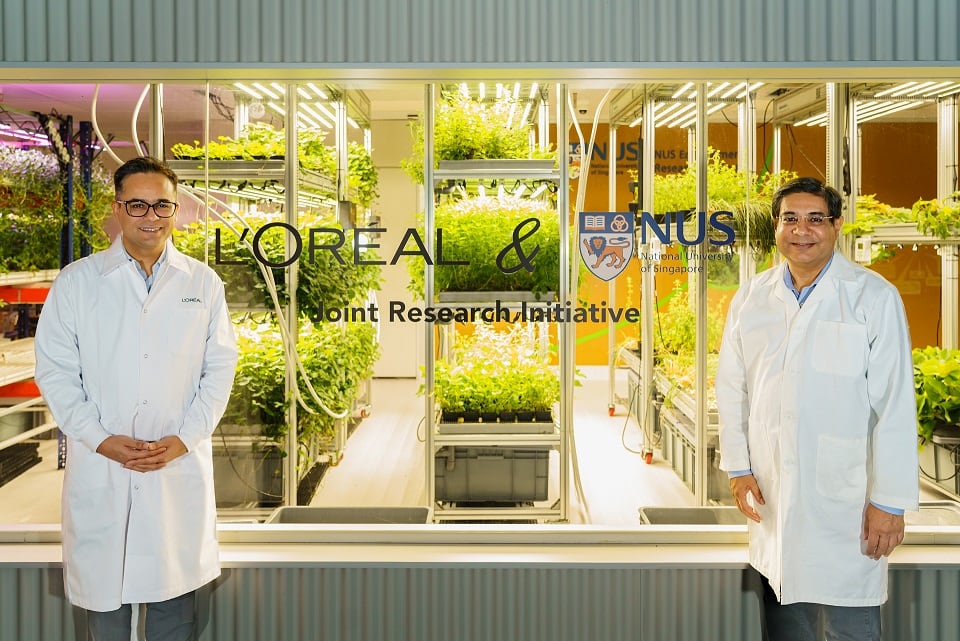Keraplast is a biotechnology company that recovers bioactive keratin proteins from regeneratively farmed New Zealand wool.
“We are starting to see more people appreciate that you should invest in your hair in the same way that you invest in your skin. With that dynamic, we are seeing more premium brands launch with more specialised applications and claims, which is a perfect match for Keraplast's R&D-driven ingredients,” CEO Howard Moore told CosmeticsDesign-Asia.
“We have developed scientifically proven functional ingredients that formulators can trust in their premium products. We have proven that our products protect the scalp and help to anchor hair follicles. This positions us well to capitalise upon this opportunity.”
The company use proprietary technology to develop a range of keratin ingredients with specific functions. For instance, FK Scalp was formulated to improve scalp health while CoreTX-pep has skin, hair, and nail benefits.
Given that keratin has an integral role across skin and nail care, Moore noted that there are “huge untapped applications” within these areas that the firm can also tap into.
Currently, the company’s core markets are Europe and Asia. However, it is aiming to expand its presence in the US.
“Our key markets within BPC are Europe and Asia, where we have long been recognised as a keratin ingredient innovator. We would love to grow our presence in the US, which in recent years has been quite a vegan-dominated market,” said Moore.
Ethical and sustainable
Keratin is a key structural component of hair, skin, and nails. As a cosmetic ingredient, it is used in a variety of beauty and personal care products ranging from skin and hair care.
Sources of keratin have included animal sources such as feathers, horns, and hooves. It has also been obtained from human sources, like hair. This has prompted concerns about this ingredient’s cruelty-free credentials.
Cruelty-free and vegan claims have dominated the cosmetics market in recent years as consumers increasingly prioritise their ethical consumption.
According to market research company Mintel, younger consumers like Generation Z make purchasing decisions based on their values and beliefs. Over a third of Gen Z adults said they do not use brands that “act unethically”.
While synthetic keratin is available as a vegan option, some consider it a less desirable alternative.
In a market where performance is becoming increasingly important, Moore believes “the tide may be turning” in its favour.
“We are starting to see BPC companies recognise that in areas of high unmet need, product functionality is paramount and that vegan products often don't have the functionality of our cruelty-free proteins.
“For some of those companies, it has become a trade-off of using chemically synthesised ingredients that boost the functionality of the ‘vegan’ formula vs using naturally occurring cruelty-free vegetarian ingredients that already have that functionality.”
Moore emphasised that its products are 100% cruelty-free: no animals are harmed at any stage of the wool harvesting process, and no products or ingredients are tested on animals at any stage of its research and development process.
“Keraplast products are extracted from regeneratively farmed wool. This is a key pillar of our sustainability strategy, and it also enables us to have complete traceability of our core ingredient, which is cruelty-free, vegetarian-certified, New Zealand wool,” said Moore.
It collects wool sheared from sheep raised in New Zealand’s countryside. The process of shearing sheep is necessary for several reasons including the comfort and hygiene of sheep.
The company harvests wool mostly from crossbred sheep. Unlike premium wools like merino, this wool is usually considered a waste product.
“It’s a beautiful material but it’s a product that would otherwise go to waste. What we are doing is creating new demand for wool. Last year, we processed 77 tonnes of wool which is a reasonable amount but wool production in New Zealand is about 100,000 tonnes a year,” said Moore.
Moving forward, the company’s development pipeline will focus on developing more sophisticated keratin-based ingredients.
Moore said: “Our R&D innovation will focus on the next generation of keratin ingredients including bioactive keratin peptides (BKPs). In the future, this will enable us to home in on specific needs with concentrated effects.”





